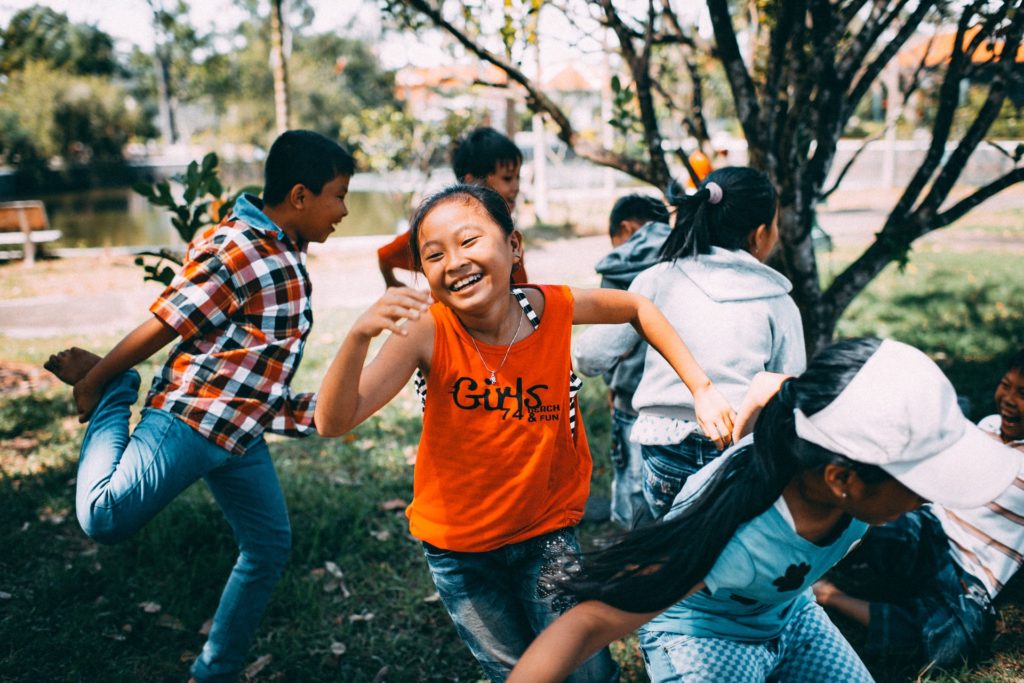General Information
How to Improve My Child’s Social Skills

Social skills in child development is often brought up by parents, teachers and therapists. Before we get into how to improve my child’s social skills, we need to understand the basics of what they are. That way, you will know where your child is in their development and what you can do to help them, not hinder them.
Social skills are those skills or abilities that allow us to interact and communicate with other people. Interaction and communication can be both verbal and non-verbal. Social skills help us to tell other people what we need and allow us to understand what another person needs from us. They are the basic handy tool that we have to help us get along with others.
Social skills can be divided up into the list of individual skills below:
Communication skills – being able to effectively talk and behave in a way that will make others feel good and make the child feel happy too.
Respecting yourself and others – knowing oneself, being happy in one’s own skin and having a positive attitude.
Participation – joining with others, getting involved in day to day activities with family and friends.
Friendship skills – some people have trouble making and keeping friends. Friendships are an important part of living a meaningful, happy life.
Resolving conflict – not everybody can get on 100% of the time. It’s important to be able to share your own opinion, hear others and move on from the argument as quickly as possible.
Children learn social skills from when they are born. They bond with their parents, develop eye-contact, in the “terrible two’s” they learn how to be persuasive and assertive, they learn right from wrong. As they grow older these skills become more complex and develop into a personality that will be with them into adulthood.
Children need their parents, teachers and family members to guide them in the early years. To teach them the required behaviours to be successful socially. Some children do not find this guidance easy as social skills are not a natural part of their physical being (such as children with an Autism Spectrum Disorder).
We need to help babies and children learn social skills from a very early age by teaching:
- How to appropriately use greetings such as Hello, How are you, Good-bye.
- Interaction with others by arranging social time with peers and friends.
- Conversation skills. Being able to talk about a topic without getting distracted.
- How much of being assertive is enough.
- How to resolve conflict appropriately. What is fair and what is not.
- Negotiation and compromise in order to help both the adult and children achieve a goal without clashing.
- Non-verbal signs from others such as body language and facial expressions.
- Use of body language and non-verbal cues.
- The right way to engage in a group use of manners, when to be in the spotlight and when to step out, when to join in and when not to join in
- Personal space
These are just a few of many ways to help your child to improve social skills. There are also programs available to help you to help your child. You can talk to your local Occupational Therapist about the right option for you and your child as well. The earlier you tackle the issue the higher the likelihood of achieving success.